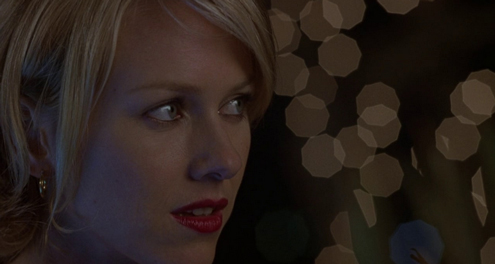Copyright © 2023 Edusites. All rights reserved. Permission granted to reproduce for educational use within the subscribing school only. Copying or lending of any part of this document in any form or by any means to external bodies and / or individuals is prohibited.
In studying a film such as Mulholland Drive we are considering a film that’s regarded as a contemporary ‘classic’. There are a wealth of ideas to engage with in the discourse about the film. Discourse refers to the conversations and debates around the film, or any particular subject, and the perspectives of such conversations can engage us in a range of valuable ideas.
Mulholland Drive offers up a rich experience for us as viewers of film and as students with an interest in thinking our way around a film and how it affects our thoughts and our feelings and how we bring certain kinds of interest to a film because of what ‘meanings’ it creates in our responses. As a film viewer, we can bring recognise various kinds of significance, relevance and resonance they may be present in a film and these qualities and points of interest can be very separate (and, indeed, different) to whatever it might be that its ‘author’ intends.
Context of production
The film was written and directed by David Lynch.
Mulholland Drive began as a planned tv serial project in the late 1990s. Lynch had already enjoyed success with the early 1990s serial, Twin Peaks and the expectation was that Mulholland Drive would continue Lynch’s work in this format. However, When Lynch screened the first episode of the tv series…
